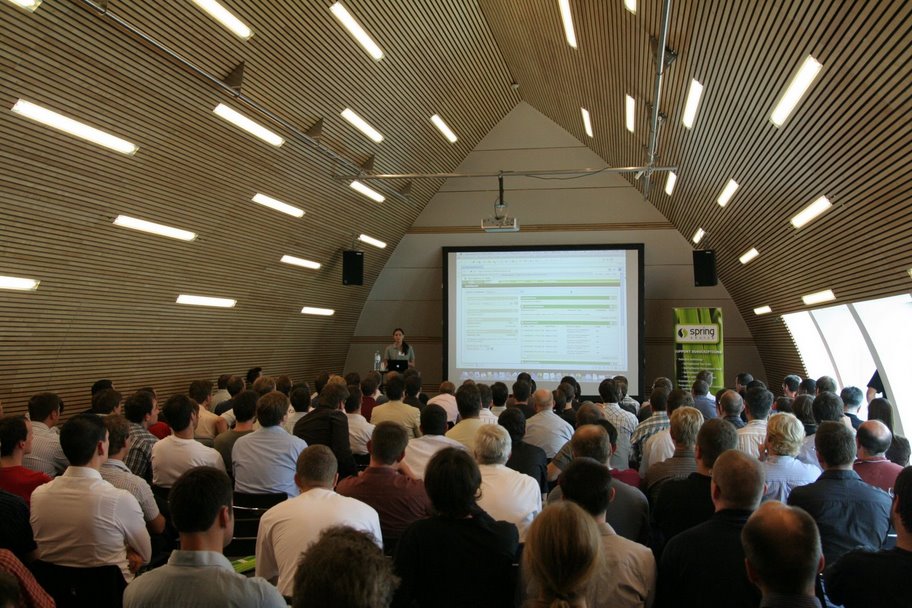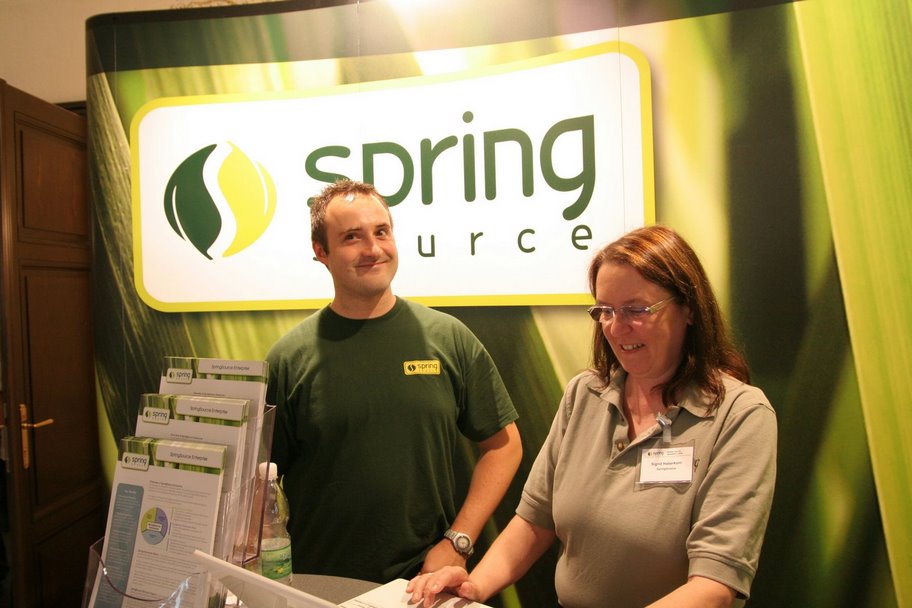The answer is the Apache Software Foundation (ASF), a non-profit, meritocracy-based organization made up of individuals (not companies) who contribute code, bug fixes, answers to user questions, their time, and sometimes even their money to ensure that the software they are delivering addresses real-world requirements, along with being robust, secure, and widely adopted.
ZDNet’s Dana Blankenhorn’s response to Dave Rosenberg’s blog regarding companies selling support for technologies they don’t own or contribute to inspired me to set some things straight about Apache projects and companies that “support�? them. SpringSource which, through its acquisition of Covalent, is a significant contributor to a number of Apache projects. I agree with Dave that vendors who are attempting to monetize open source projects by merely selling “support�? around those technologies, while not contributing to the software, are little more than parasites. Not only do these companies not contribute to the projects, but their lack of involvement results in inferior support, which harms users and, ultimately, the reputation and acceptance of the projects.
In Dana’s post he noted that SpringSource was a “Third Party Support�? provider for Apache projects. SpringSource (and formerly Covalent) is a major ongoing contributor to a number of Apache projects both directly and indirectly. There have been other open source vendors that claimed they “owned�? or “ran�? an Apache project. I am not going to make that same mistake here, since such a claim clearly indicates that the speaker does not truly understand Apache and the way the organization works. The contributions and leadership of Apache projects by SpringSource employees clearly do not fit Dana’s third-party support provider definition, as is evidenced here:
- SpringSource/Covalent has employed committers on the Apache HTTP server and Tomcat projects nearly from inception – 1998 and 2001, respectively.
- Many of the Apache HTTP server modules were originally proprietary code developed by Covalent that was contributed to the ASF.
- SpringSource employees have made more than 75% of the commits on the Apache Tomcat project in the past two years and had the most active committers on the Apache HTTP server project for four years running.
- ASF Members who are SpringSource employees, are actively involved in leading and mentoring Incubator Projects.
SpringSource’s customers count on us because of our significant, long-standing involvement in the Apache projects and in the actual Foundation itself. We have also been a long-standing and charter sponsor of the ASF as well as its conference – ApacheCon – and even host its annual Members Reception at that conference to honor and thank the individuals who contribute so much to those projects.
SpringSource will never claim to own or run an Apache project, but we will proudly continue to contribute what the Apache Software Foundation values so highly – technical leadership, solid code, bug fixes and support.






